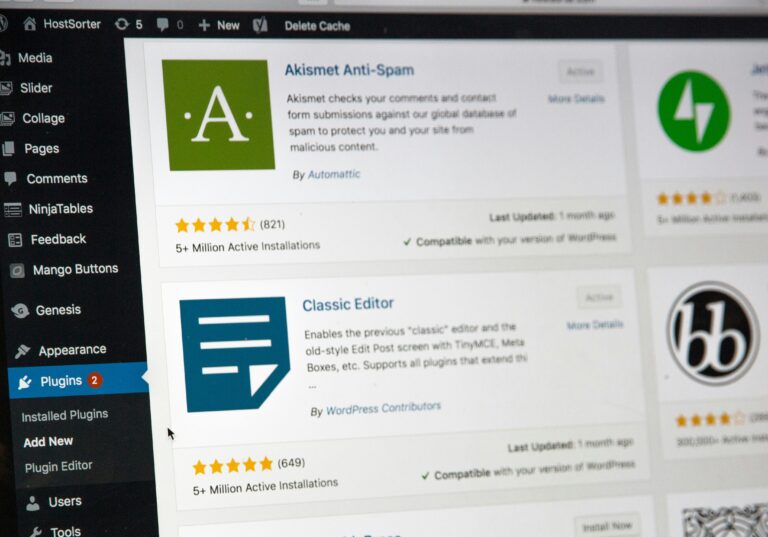Introduction
Say “WordPress,” and most people still think “blog.” But that’s like calling a smartphone just a phone.
Over the past decade, I’ve used WordPress to build custom business portals, client dashboards, appointment systems, and more. It’s not just for bloggers—it’s a powerful, flexible framework for delivering scalable digital solutions.
Let’s explore how and why WordPress can be the engine behind serious business platforms.
WordPress as a Framework, Not Just a CMS
At its core, WordPress is a robust PHP-based framework with:
- A flexible database structure (MySQL)
- A massive library of plugins and themes
- Support for custom post types, APIs, and user roles
What this means is: you can shape it into almost anything.
- A portal for veterinary clinics to manage patients
- A logistics dashboard with real-time tracking
- A self-service portal for municipalities or internal teams
If you can define it, you can probably build it on WordPress.
Why WordPress Works for Business Use
Here’s why I often recommend it for custom portals:
✅ Rapid Development
You don’t need to reinvent the wheel. Plugins, page builders, and custom post types help speed up the initial build so you can focus on the custom logic.
✅ User-Friendly Back End
Clients love WordPress because they already know it—or can learn it fast. That makes handover smoother and adoption easier.
✅ Community & Extendibility
Whether you need API integration, document storage, role-based content, or multilingual features—there’s likely already a plugin or method for it.
✅ Budget Friendly
Compared to building an entire system from scratch, WordPress offers enterprise-like flexibility at a fraction of the time and cost.
Real Examples from My Work
Over the years, I’ve built portals for:
- Veterinarians to manage appointments, patient records, and communications
- Ophthalmologists with secure access to documents and custom patient portals
- Marine logistics teams managing internal fleet data
- Waste management companies providing service dashboards to their customers
All on WordPress—customized, secure, and built to scale with their needs.
Best Practices When Using WordPress for Business Platforms
- Use Custom Post Types – Great for structuring unique data (e.g. “patients” or “routes”)
- Leverage User Roles – Give different access levels (e.g. admin, client, team member)
- Go Light on Plugins – Only use trusted, actively maintained ones
- Secure Everything – Two-factor auth, HTTPS, and security plugins are musts
- Consider Headless WordPress – For more complex frontend flexibility using APIs
Final Thoughts
WordPress is not just a blogging tool—it’s a launchpad for business-grade solutions.
If you’re thinking about building a client portal, a custom intranet, or even a mini SaaS platform, don’t overlook the quiet power of WordPress.
It’s stable, scalable, user-friendly, and—when handled by the right hands—surprisingly powerful.
Leonidas



